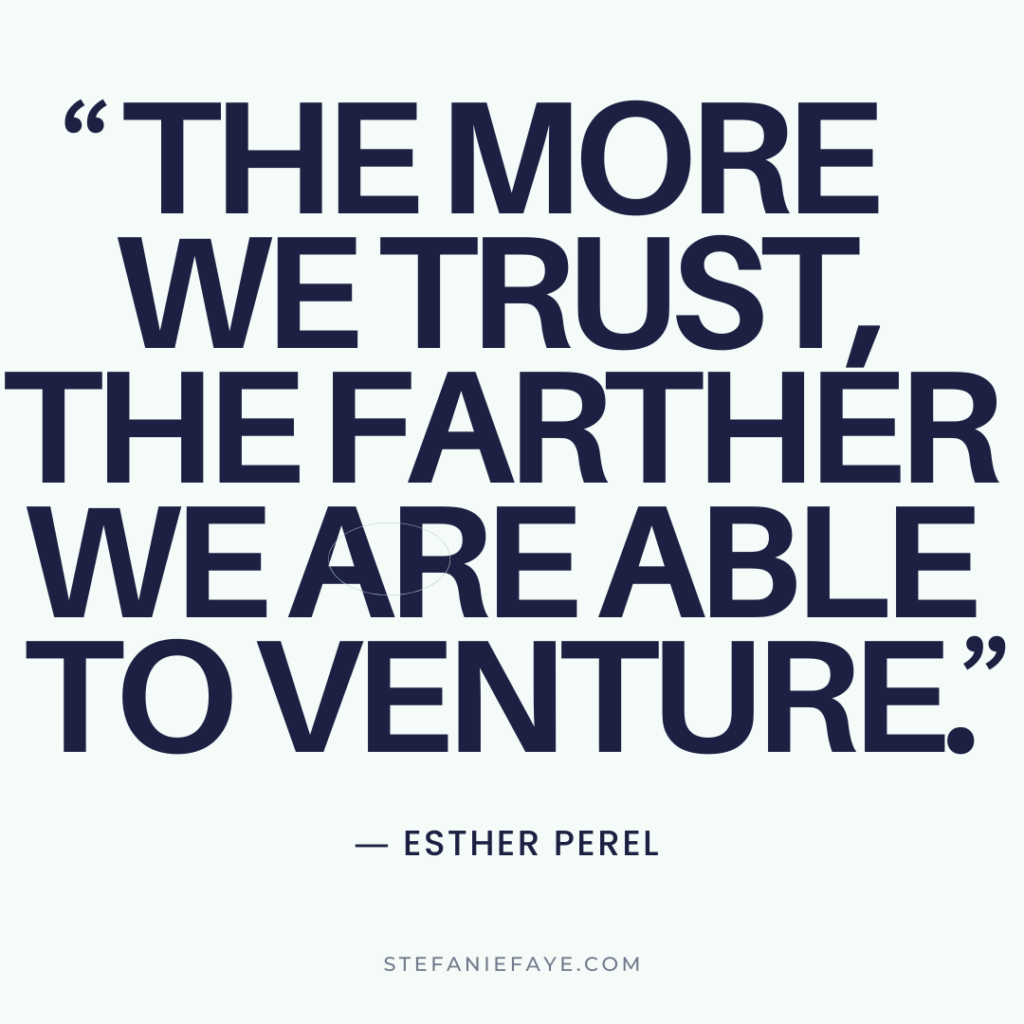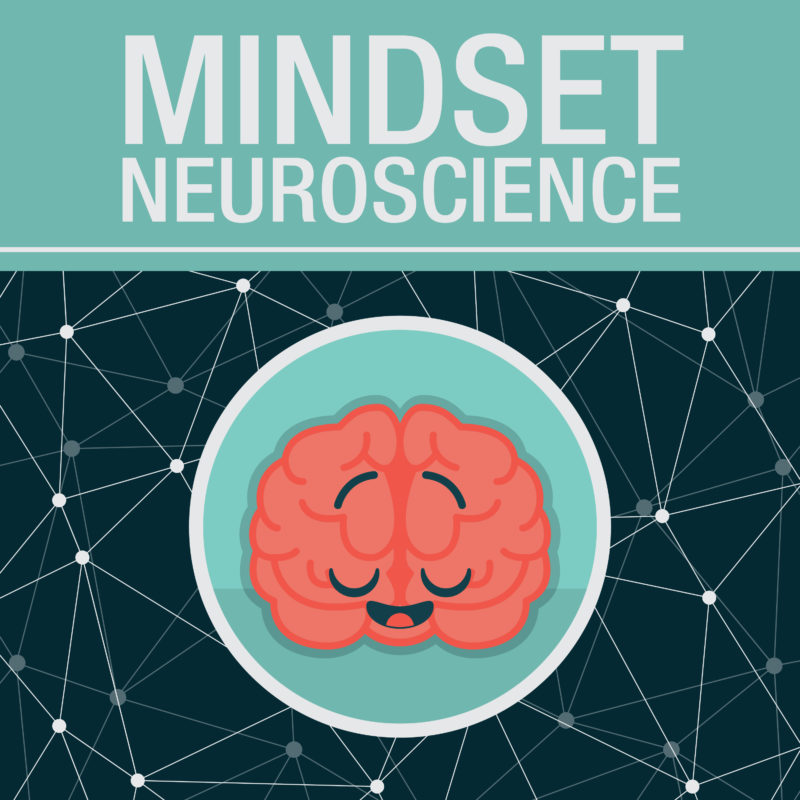Do you believe that if you could just give the 'right' kind of information, you'd be able to change someone's mind and convince them to make better choices?
Unfortunately, this is not generally how influence and mindset shifts happen.
In order to inspire change in others, one thing must happen first.
They must trust us.
Attempting to change someone's mind without this will almost always fall short. The more intelligent a being is, the more it knows of its own autonomy and degrees of freedom. Bigger, complex brains have a tendency to pursue thoughts and behaviors according to what they predict and know. When a person feels that they still have autonomy within a situation or interaction, they are more able and willing to trust.

Autonomy is one of the most important values for humans.
When a person believes they are being persuaded or that someone is trying to change their mind, the more resistant they become. This is because change requires energy expenditures beyond what we are used to. This is also why we prefer what is familiar, and we prefer to be around people and ideas that are similar to ours and that keep us within the same neurochemical states we are used to.
Because the possibility of change represents a spike in a pattern, it will raise internal nervous system 'red flags'. These are meant for our survival and make sense for us to stay a part of whatever herd or tribe we are a part of. But those nervous system precautions cost us the opportunity of changing things that might make our lives better.
Connect BEFORE you attempt to correct or direct someone's perspective or behavior.
If you are hoping to inspire change in someone's life, you must first help them relax the nervous system alarm bells that will keep them resistant to what you are saying or modeling. Trust is a neurophysiological response of knowing we are safe. Part of our feeling of safety is knowing that we are not being asked to change, and we are maintaining degrees of freedom to accept or reject whatever happens next or whatever a person is saying - WITHOUT NEGATIVE CONSEQUENCES. This means that our choice to either accept OR reject what someone is saying is SAFE for us to do.
Trust is a biological mechanism of letting down the systems we use for vigilance. Without this, our brain has a difficult time allowing resources to be used for open-mindedness and flexibility.
The bottom line: to inspire positive change, make the relationship and trust your highest priority. Do this MORE than attempting to change someone's mind. The safer they feel with you, the more open they will be absorbing and internalizing your verbal and nonverbal messages. Seek the reward of a richer connection with another human rather than simply wanting to be 'right'.
You can also learn more about the neuromechanics of mindset shifts from my most recent Talks @Google!
ps - This Wednesday, my interview with Michael McQueen for his book, Mindstuck, will be all about the Science of Changing Minds (also known as the Science of Stubborness).
pps - In a few weeks, I'll be offering a new FREE subscriber-only gift that will help you become a stronger influence in helping others improve their lives using a checklist based on brain science and biomechanics.

